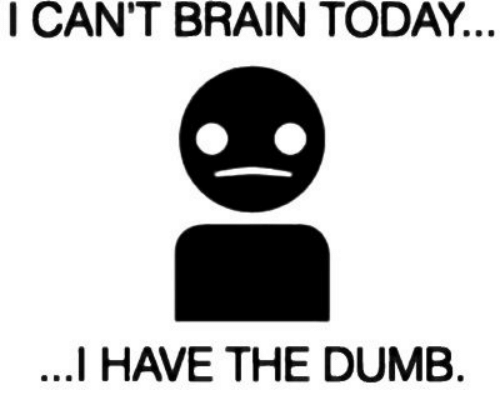Puzzle time - shared birthdays
-
Suppose people walk into a room, one at a time. Their birthdays happen to be randomly distributed throughout the 365 days of the year (and no one was born on a leap day). The moment two people in the room have the same birthday, no more people enter the room and everyone inside celebrates by eating cake, regardless of whether that common birthday happens to be today.
On average, what is the expected number of people in the room when they eat cake?
Extra credit: Suppose everyone eats cake the moment three people in the room have the same birthday. On average, what is this expected number of people?
Show your work.
-
I don't know the calculation , but remember in grade school talking about this. In an average class (say 30 people), the odds are pretty good (much over 50%) that two people will have the same birthday.
For three people having the same birthday, I dont know. I would guess maybe 250.
